OROFACIAL PAIN
List of Services
-
UNDERSTANDING OROFACIAL PAINList Item 1
Orofacial pain refers to discomfort or pain felt in the mouth, jaw, face, or head that may stem from dental, muscular, joint, or nerve-related issues. It can be chronic or intermittent and may range from mild sensitivity to debilitating pain that affects your daily life.
At 8 Queens Quay W Dental, we take a comprehensive and compassionate approach to diagnosing and managing orofacial pain. By identifying the root cause, we can tailor a treatment plan that restores comfort, function, and quality of life.
-
COMMON CAUSES OF OROFACIAL PAIN
Orofacial pain can originate from a variety of sources, making diagnosis essential for effective treatment. Common causes include:
- Temporomandibular Joint Disorder (TMJ/TMD)
- Teeth grinding or clenching (bruxism)
- Jaw or muscle strain
- Trauma or injury to the face or jaw
- Arthritis affecting the jaw joints
- Nerve-related conditions like trigeminal neuralgia
- Sinus-related or referred pain
- Poor bite alignment or occlusion issues
Understanding the nature and frequency of your pain helps us narrow down the cause and recommend the most appropriate care.
-
SIGNS AND SYMPTOMS TO WATCH FOR
Orofacial pain may present in various forms. If you experience any of the following, a professional evaluation is recommended:
- Jaw pain or stiffness, especially in the morning
- Clicking or popping sounds when opening or closing the mouth
- Headaches or facial tension
- Tooth sensitivity not linked to decay
- Pain when chewing or speaking
- Aching in the neck, shoulders, or ears
- Limited jaw movement or locking
- Numbness, tingling, or sharp shooting pain in the face
Even subtle symptoms can indicate an underlying condition that may worsen over time if left untreated.
-
HOW WE DIAGNOSE OROFACIAL PAIN
At 8 Queens Quay W Dental, we begin with a detailed consultation and clinical exam. Our evaluation may include:
Medical & Dental History
We review your symptoms, medical background, lifestyle factors (like stress or sleep habits), and any past dental work or trauma.
Clinical Examination
We assess your bite, jaw alignment, muscle tension, and range of motion. Palpation helps identify trigger points, tenderness, or inflammation.
Diagnostic Imaging
Digital X-rays or CBCT scans may be used to evaluate joint structures, teeth positioning, or rule out other conditions contributing to the pain.
Depending on your diagnosis, we may collaborate with medical specialists such as neurologists, ENT doctors, or physiotherapists for a comprehensive care plan.
-
TREATMENT OPTIONS FOR OROFACIAL PAIN
Your treatment plan is based on the root cause of your pain and may include one or more of the following:
- Custom Night Guards or Occlusal Splints – To reduce clenching, grinding, and joint stress
- TMJ Therapy – Jaw exercises, massage, or physical therapy
- Medications – Anti-inflammatories, muscle relaxants, or neuropathic pain relievers
- Bite Adjustment – Corrective dental work to improve alignment and relieve pressure
- Stress Management Techniques – Counseling, mindfulness, or lifestyle modifications
- Botox Injections – For targeted muscle relaxation in chronic cases
- Referral to Specialists – For complex or persistent nerve-based pain
Our goal is to reduce pain, improve jaw function, and restore your comfort and quality of life.
-
THE IMPORTANCE OF EARLY DIAGNOSIS
Chronic orofacial pain can impact everything from eating and speaking to sleep and mental well-being. Early diagnosis is key to preventing long-term complications like joint damage, muscle strain, or dental wear. If you’re experiencing discomfort, don’t wait—early intervention leads to better outcomes.
PRIORITIZE COMFORT WITH 8 QUEENS QUAY W DENTAL
At 8 Queens Quay W Dental, we understand that orofacial pain is more than just a physical symptom, it affects your entire well-being. Our team is committed to listening, understanding, and guiding you toward lasting relief with compassionate care and advanced diagnostics.
